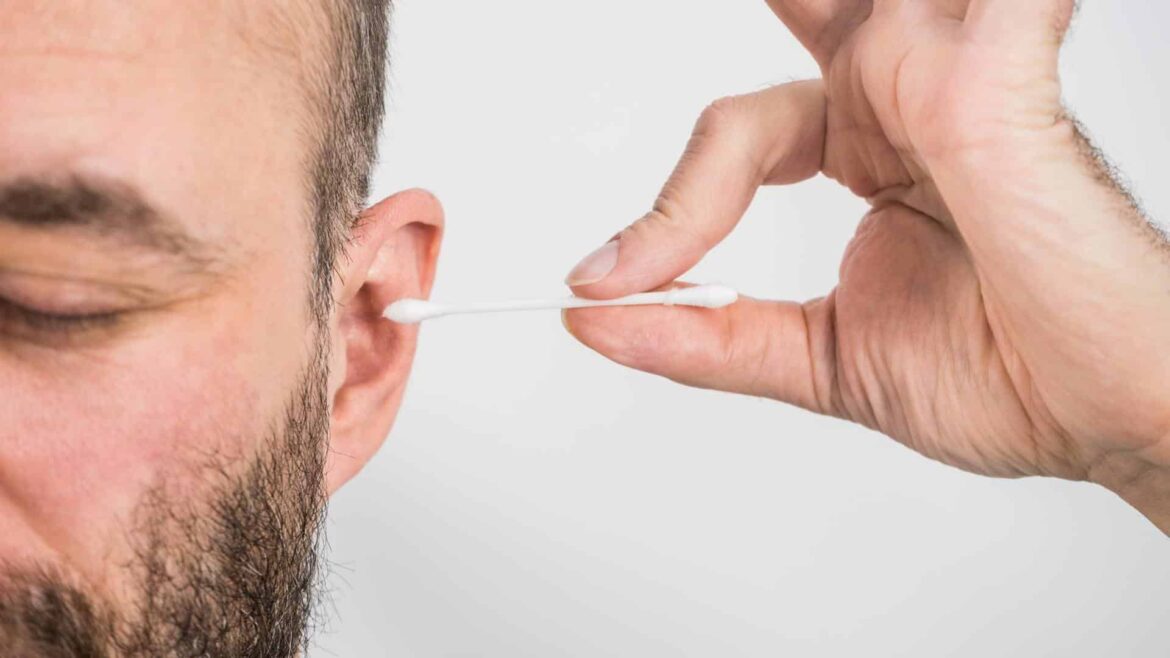483
Normally, your ears clean themselves, mainly with the help of earwax. However, if this wax blocks your ear or is clearly visible, you can remove a little yourself.
Why it only makes sense to clean your ears to a limited extent
If you have ever been to an ear, nose, and throat doctor, you may have been criticized for cleaning your ears too thoroughly. Earwax, also known as cerumen, is not dirt, but a natural protective mechanism of your body.
- It keeps the ear canal moist, protects against bacteria, fungi, and dust, and transports dead skin cells to the outside. In most cases, the ears clean themselves, mainly through chewing and jaw movements.
- However, you can sometimes help by removing earwax. You can gently clean the outer part of the ear if the earwax is bothering you.
- Cotton swabs are now considered a no-go and should never be inserted into the ears: Instead of removing the wax, you usually push it deeper into the ear canal.
- This can lead to a hard plug and inflammation, which impairs hearing or even damages the eardrum.
- Persistent blockages should be removed by an ENT doctor, as they have the appropriate equipment for proper treatment.
Cleaning your ears properly and avoiding common mistakes
If you want to clean your ears thoroughly, you should not do this in the ear canal, but rather from the outside.
- Use a damp, soft cloth to gently clean the outer ear and the entrance to the ear canal.
- Special ear care sprays containing sea water or nourishing oils can dissolve excess wax. Look for products that are explicitly suitable for use in the ear canal.
- It is often sufficient to let a little water run into your ears while showering. This rinses out any loosened wax naturally. Dry your ears carefully afterwards.
- You can find lots of other tips for cleaning your ears on the internet. However, these are often not only useless, but also quite dangerous: ear candles, for example, can cause burns, ear injuries, and blockages due to wax residue.
- Pointed objects such as hairpins, paper clips or similar items also have no place in the ear. They can damage the eardrum or lead to infections.
- You should also not put home remedies such as olive oil or onion juice in your ear without consulting a doctor. They can cause irritation and even make the problem worse.
- If you have any symptoms, you should refrain from self-treatment and consult an ENT doctor.
- This applies to earache, persistent itching, discharge from the ear, a feeling of pressure or hearing loss, and dizziness. If you feel that a wax plug is affecting your hearing, you can have it removed by a professional.

